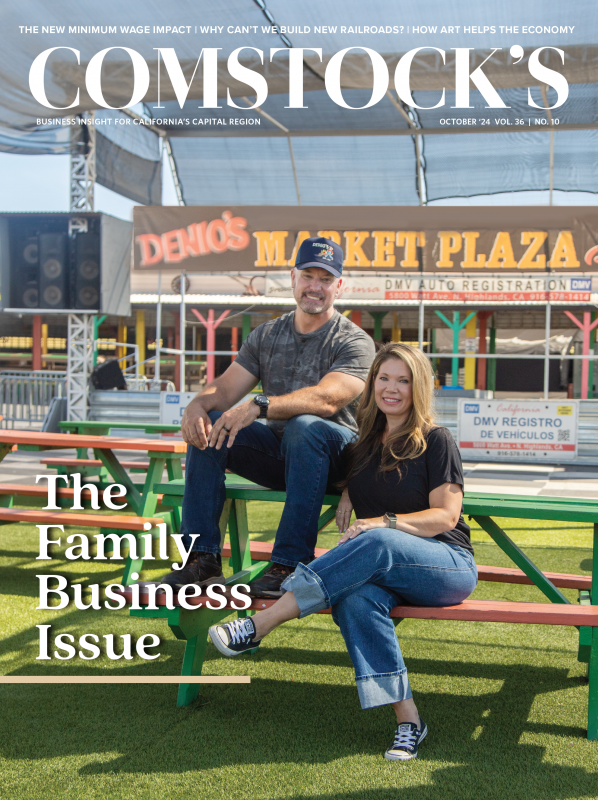Peanut allergies affect around 6.1 million Americans, with cases rising as awareness has grown. A 2017 study found that peanut allergy had increased 21 percent since 2010. But what if there was a way to eliminate the genes responsible for peanut allergies?
This is the mission at MyFloraDNA, a Sacramento-based startup working to democratize access to biotechnology on a global scale. CEO and co-founder Angel Fernandez spent years researching plant genetics across Spain, Japan, Australia and the U.S. One thing was clear: Not all farmers had equal access to high-tech tools.
“I realized that all the discoveries that we do, they are not being applied by the small and medium companies,” he says. “Especially the small and medium farmers.”
This realization led him to launch the company in 2021 with his childhood friend, Javier Buendia. Initially, they focused on cannabis, a crop severely affected by viruses and lacking sufficient research, Fernandez says. Bringing together a team of scientists who specialize in gene editing, he says, MyFloraDNA developed the first CRISPR-edited cannabis plant.
From there, Fernandez says, he chose to expand to a crop that could have a big impact on society and help save lives. This led to the idea for an allergy-free peanut. How does one create that? The team’s development process can be divided into three steps: gene discovery, validation in the lab and field, and eventually, clinical trials with allergists.
He says the team has identified the genes responsible for the allergies, but it’s not as simple as pressing a delete button. There isn’t just one gene — there are many. The team is now exploring how these genes interact and any potential ripple effects.
“So, for example, there are six, seven genes,” Fernandez says. “What happens if I remove all of them? Is that the right thing? Or should I just remove four and keep three? … The good thing is our team has a lot of good experience in other crops, so we know how to navigate that.”
MyFloraDNA is looking to raise $1.3 million through StartEngine, and has already attracted investors who believe in this work. Roger Casals, an entrepreneur with 25 years of experience and five businesses under his belt, invested $100,000 in the company, about 10 percent of the total raised so far.
In 2021, Fernandez and Buendia reached out to Casals via LinkedIn. As all three are from Spain, the co-founders wanted feedback from Casals about how to build a company in the U.S. Casals appreciated their honesty and humility, and agreed to meet. The startup also appealed to Casals on a personal level because he has a daughter with a severe allergy to nuts.
“I understand how frustrating and how limiting it is to have such a severe allergy,” he says. “You always live in fear. You always carry your EpiPens. I understand it’s not a majority, but it’s not nothing.”
The Big Pharma solution has been to introduce more drugs, he says, which he isn’t interested in. But MyFloraDNA was onto something innovative. These days, he says, there are a few cutting edge fields where investment can have a meaningful impact, including AI, clean energy and quantum computing. Gene editing is another one.
And as an entrepreneur who started five businesses and admits he “made a lot of money, but failed on the goal of creating a big company,” Casals had been looking to create a legacy and make an impact.
“I saw what they were doing with MyFloraDNA and the CRISPR thing, which is basically gene editing,” he says. “I said, ‘Hold on, this is something worth my time, not only my money. So I’m going to start investing my time with you, being your advisor.’”
His daughter is allergic to tree nuts (not peanuts), but it takes several years for trees to grow and produce nuts, making it difficult to know if a genetic modification worked. But peanuts, as a legume, grow annually. This means you can plant them today and get results within months about their allergenic properties. That’s why they started with peanuts.
Once the team confirms the results in the lab, they will bring the baby plants to the field to grow. After harvesting the peanuts and raising funds, they will validate that the genes have been removed. This will be tested for two consecutive harvests, Fernandez says.
“The next step is going to be to talk to allergy specialists or immunologists, and start research on or experiment with human beings,” Fernandez says. “To reach that level, it can take two to three years.”
–
Stay up to date on innovation in the Capital Region: Subscribe to the Comstock’s newsletter today!
Recommended For You
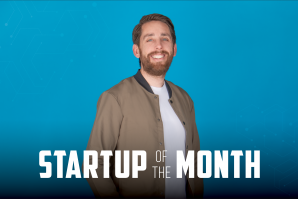
Startup of the Month: Unstructured
Company helps businesses turn raw data into AI-friendly formats
Think about a global company where each department has its own unique jargon, and employees speak different languages. To thrive, this company would need a way to keep valuable information from getting lost in translation.
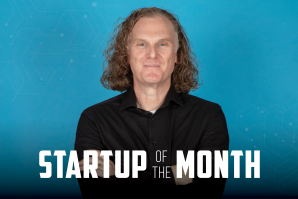
Startup of the Month: 811spotter
Ticket management software for contractors’ efficiency, safety
811 is the national toll-free, call-before-you-dig number. Homeowners, excavators and contractors must call 811 before excavating to have underground utility lines marked to prevent accidental damage. But the system is flawed and inefficient, according to 811spotter co-founder and CEO Marc Krichman.
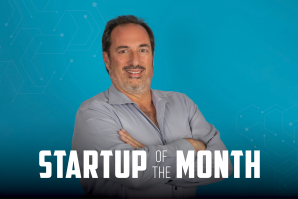
Startup of the Month: Soar Optics
Company targets microplastics in water with high-tech microscopes
Microplastics can be found everywhere, from Antarctica to Mt. Everest to breast milk. A Western Regional Winner in 2022, Soar Optics develops technology to identify these microscopic particles in water.

Startup of the Month: Inspirame
College and career navigation platform aims to repair education pipeline
In 2019, CEO Maria Medrano co-founded the equity-driven startup Inspirame to repair these critical gaps in college enrollment and workforce development.
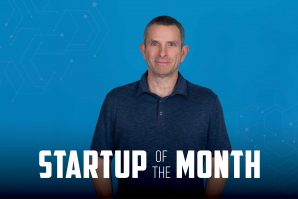
Startup of the Month: AgriNerds
Mapping tool helps farmers track carriers of bird flu
In recent years, avian influenza (or “bird flu”) has been on a rampage, wiping out wild and domestic birds, disrupting the environment, and causing a shortage of eggs and poultry meat. The Davis-based startup AgriNerds aims to help farmers to identify potential risks and protect poultry against the threat of diseased ducks.
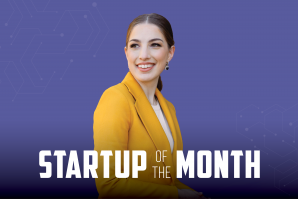
Startup of the Month: 3D Organic Polymer Silk
Trio of researchers aim to revolutionize orthopedic medicine with spider silk
With over 3 billion years of evolution under its belt, the natural world has a pretty long track record of creativity. Knowing this, three interdisciplinary researchers at UC Davis looked to the golden silk orb-weaver spider to develop an innovative biomaterial.




